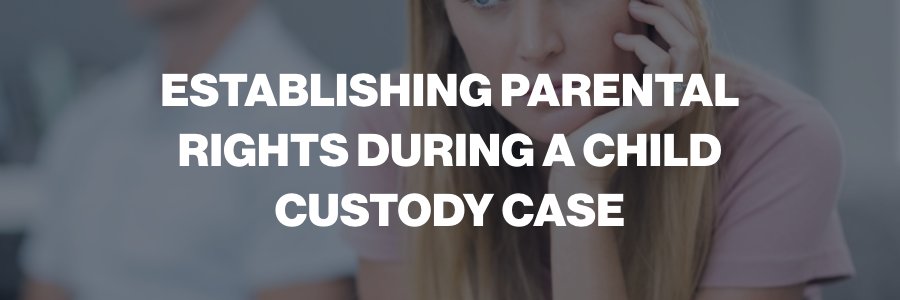Contrary to popular belief, the courts do not favor mothers in child custody cases. The family courts in California make custody determinations based on what is in the best interests of the child. The courts are unbiased, with neither parent automatically receiving preferential treatment. As a father who is heading into a California custody case, hiring a child custody lawyer in Orange County can help you understand and protect your rights.
California Laws on a Father’s Rights
During a family law dispute, such as a divorce case or legal separation, California law recognizes both the mother and father of a child as equal custodians of that child. Both have an equal right to request child custody and visitation. Both are also viewed as responsible for ensuring a child’s care, including providing financial support. This issue is addressed in the form of a child support order, in which one parent (typically, the noncustodial parent) must pay the other.
According to California Family Code Section 3020(b), it is public policy to ensure that children maintain “frequent and continuing contact” with both parents after a legal separation or dissolution of marriage. The courts in California encourage parents to share the rights and responsibilities of raising a child. The only time this is not true is when contact would not be in the best interests of the child.
This law means that the courts prefer joint custody arrangements in California custody cases to sole custody agreements. Joint arrangements allocate a percentage of parenting time to both parents, which may or may not be an equal 50/50 split. Mothers in California do not automatically receive a larger percentage of custody or visitation. How much time each parent is allotted depends on what is best for the child.
A Judge Will Carefully Examine All Relevant Factors
When making a child custody decision, the courts in California will protect the best interests of the child above all else. California Family Code Section 3020(a) declares that it is the state’s policy to ensure that the “health, safety and welfare” of a child is the court’s primary concern in determining the best interests of the child when making any orders regarding physical or legal custody or visitation. This law also states that children have the right to be safe and free from abuse.
To determine what is in a child’s best interest during a custody case, the courts will carefully analyze many different factors. A judge will make no assumptions regarding what is best for a child based on whether a parent is the mother or father. Instead, child custody and visitation decisions rely on factors such as the age of the child, his or her relationship with either parent, the child’s ties to his or her home and community, and the safety and welfare of the child.

Establishing Your Paternal Rights During a Custody Case
As a father, you have the right to seek primary custody of your children in a family law dispute, as well as to petition for child support from the mother. The courts will treat you and your ex-spouse equally when determining a custody and visitation agreement. However, you will only have these parental rights if your paternity or parentage has been confirmed. This may require a paternity test or court case to prove that you are the child’s biological parent.
In California, legal parentage is presumed when two people are married at the time of a child’s birth. In this case, the father’s name will go onto the child’s birth certificate as a legal parent. A father can also qualify as a presumed parent if he has acted like the child is his own and raised the child this way. If the parents are not married, however, paternity may need to be established with a voluntary declaration or paternity test before the father will be given rights in a custody case.
For more information about protecting your rights as a father in a California custody case, contact Boyd Law for a free consultations.



